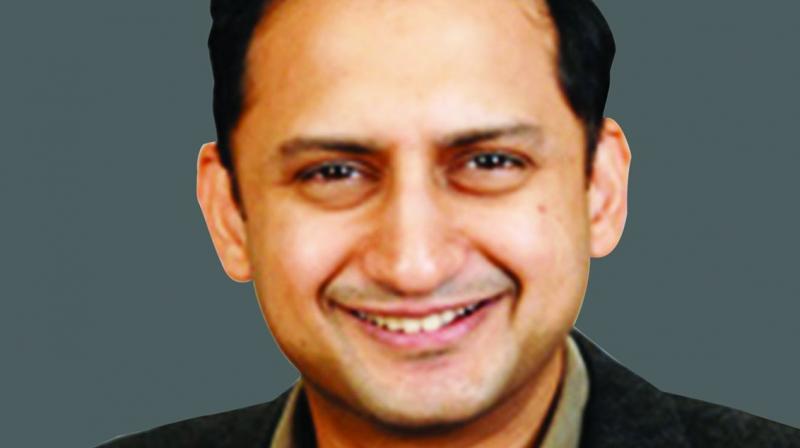RBI deputy governor calls for law to beef up credit registry

Mumbai: Reserve Bank of India (RBI) deputy governor Viral V. Acharya on Monday called for enacting a special law to enable the proposed public credit registry (PCR) to come into being, and said this can go a long way in resolving the deep data asymmetry in the financial system which in turn can help prevent bad loan pile-up.
With a low credit-to-GDP ratio of a modest 55.7 per cent, the country is still under-penetrated financially and the proposed PCR can help the system move towards more equitable and timely access to credit, especially to the underserved segments, and thus democratise and formalise the credit flow, he said.
According to the Q4 2017 data from the Bank for International Settlements, India’s credit-to-GDP ratio stood at a low 55.7 per cent, against China’s 208.7 per cent, Britain’s 170.5 per cent and the US’ 152.2 per cent. Norway lead the chart with 245.6 per cent credit-to-GDP ratio.
He also said those countries which have PCRs or private credit bureaus have been the ratio of private credit to GDP in many countries by 7 to 8 percentage points over a five-year horizon as credit registries and bureaus do not just increase the amount of borrowing but also improve the quality of borrowing.
“It’s desirable to have a special comprehensive legislation, overriding the prohibitions contained in all other legislations on sharing of information required for the PCR. Otherwise, all such legislations will have to be amended separately, providing an exemption for sharing of information with PCR,” Mr Acharya told at a national banking conference through a Skype call.
Underlining that almost everywhere PCRs are backed by a specific law, he said a PCR Act can enable us transparently address the entire gamut of governance issues including data acquisition and its dissemination through access rights by various users.
Mr Acharya expressed hope that barring a desired legal backing, the country can move on to implement the PCR as there is a robust Aadhaar data of over one billion people in place and other supporting corporate data like GST Network, and other corporate information like CIN, et al.

